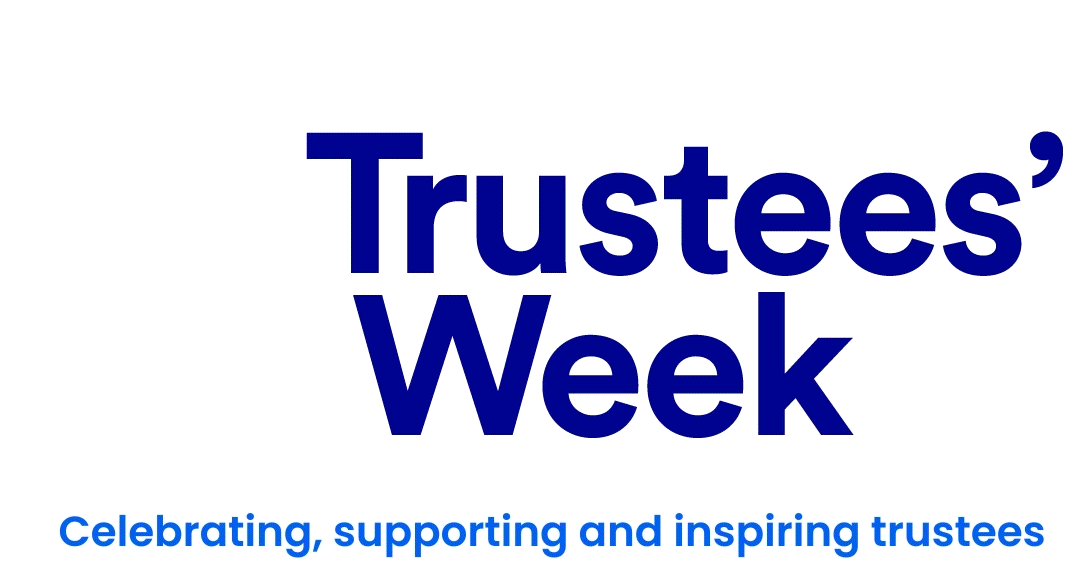
How you can make a difference

Hear from Sharmarkeh, a science and education charity trustee…
I became a trustee because I wanted to have a positive impact on my local community. Being from a background in STEM, I wanted to help with the development of science engagement in Wales.
And also, being 23, I could provide a fresh perspective, and gain experience in leadership and governance.
What is a charity trustee?
Charity trustees are volunteers who lead a charity and decide how it is run. They are responsible for making make sure it does what it was set up to do.
Trustees can also be known as directors, board members, governors or committee members.
What do trustees do?
The vast majority of current trustees are “immensely positive” about their experience, with 8 in 10 recommending the role to others.
Trustees ensure their charity:
- Has clear priorities and plans
- Follows its mission
- Secures and responsibly spends funds
- Operates effectively
- Follows laws and rules
Trustees make decisions about their charity together, working as a team. These are usually made at charity meetings. Most trustee roles require just a couple of hours a month.
The role varies by charity size. In smaller ones, trustees may run operations. In larger charities, trustees focus on strategy while staff handle daily work.
Trustees typically volunteer unpaid but can claim expenses like travel or childcare.
Benefits of becoming a trustee
Trusteeship provides an opportunity to play a vital role in the charity sector – to help deliver a positive impact to those in need and across communities. It provides an opportunity to bring your passions to life and use your skills to make a difference to a cause you care about.
The role can help you develop skills in leadership, problem solving and decision making. It can also help you expand your professional network and enhance your career prospects.
Who can become a charity trustee?
One of the biggest misconceptions about trusteeship is that you need specialised qualifications or years of charity experience. The truth is you’re likely to already possess valuable skills that charities need. Charities are often looking for a mix of skills, backgrounds and real-life experiences on their boards to help strengthen their collective expertise and decision making.
Find out more about becoming a charity trustee
Does your employer offer paid volunteering days?
Find out about the volunteering scheme at your workplace as you consider trusteeship. Volunteering is a great way to get to know a charity while supporting a cause you care about.
If you are a Civil Servant speak to your line manager about paid volunteering schemes. Typically, these allow staff to take paid special leave (usually 1-5 days per year) for volunteering activities. Find out more about finding the right trustee opportunity
Find the right trustee opportunity for you

